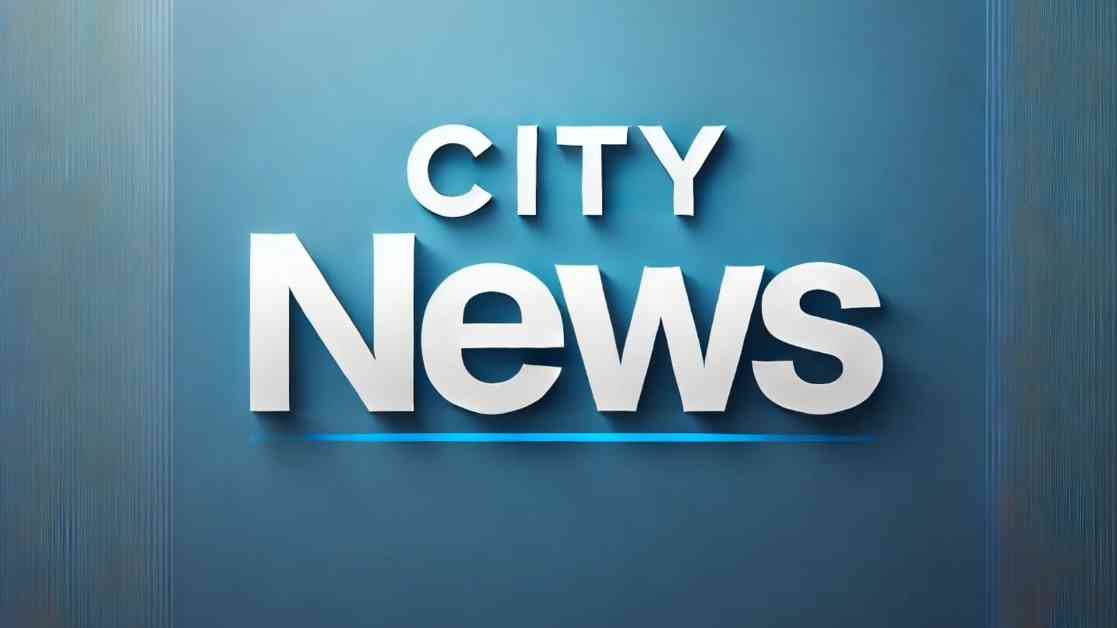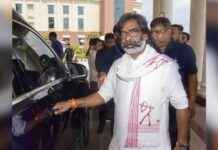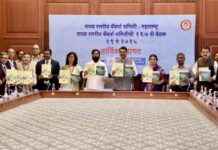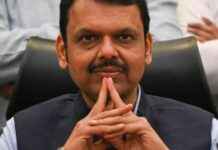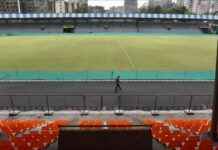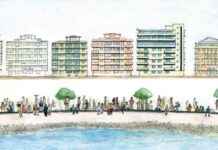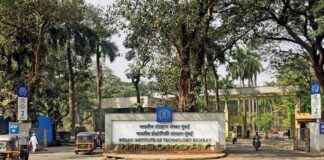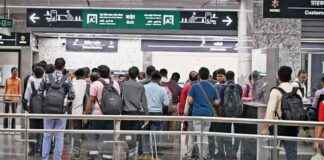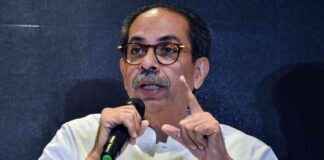Prime Minister Narendra Modi recently unveiled the MetroConnect3 app, aimed at improving the Mumbai Metro travel experience for commuters. This mobile application provides extensive information about station facilities, such as accessibility options and nearby services, in English, Hindi, and Marathi languages. Additionally, it assists users in planning last-mile connectivity, managing grievances, and reporting lost items promptly.
In the near future, the National Common Mobility Card will be introduced, allowing passengers to use a single card across different metro lines in Mumbai and other cities. PM Modi expressed his gratitude to the Government of Japan and the Japanese International Corporation Agency (JICA) for their support in the development of Metro Line 3, also known as the Aqua line. This project symbolizes the strong friendship between India and Japan.
Koji Yagi, the Consulate-General of Japan in Mumbai, commended the partnership between the two countries and highlighted the positive impact the Metro Line 3 project will have on the daily lives of Mumbaikars. By reducing travel time, alleviating traffic congestion, and decreasing air pollution, this initiative is expected to transform the city’s transportation landscape.
The Mumbai Metro Line 3 is part of Japan’s Official Development Assistance Project, underlining the ongoing collaboration between India and Japan in infrastructure development. During the launch event, Dr. Pooja Prashant Sankhe from Ram Krishna Paramhas School had the opportunity to ride the metro with PM Modi and engage in a discussion. Impressed by her educational background, which includes a PhD, the Prime Minister encouraged her to pursue further research in the field of education.
The introduction of the MetroConnect3 app and the upcoming implementation of the National Common Mobility Card represent significant steps towards enhancing urban connectivity and streamlining public transportation in Mumbai. With advanced features and seamless integration, these initiatives are poised to benefit commuters and contribute to the city’s sustainable development.
As the Metro Line 3 project progresses, it is essential for stakeholders to prioritize accessibility, safety, and environmental considerations. By ensuring that the metro system is inclusive, efficient, and eco-friendly, policymakers can create a more livable and interconnected urban environment for residents and visitors alike.
Overall, the launch of the MetroConnect3 app and the development of Metro Line 3 underscore the commitment of the Indian government and its international partners to improving public transportation infrastructure and promoting sustainable urban growth. By leveraging technology and collaboration, cities like Mumbai can address the challenges of rapid urbanization and create a more resilient and vibrant urban landscape for all.
